The Art of Courtroom Questioning: Strengthening your trial story and mitigating examiner errors

Chris Arledge is a Partner at Ellis George LLP and the creator and director of Ellis George’s Trial Academy. He has been trying intellectual property and other complex business disputes for more than twenty years.
On-Demand: November 6, 2024
Subscribe to Federal Bar Association CLE Pass...
Co-Sponsored by myLawCLE
Get this course, plus over 1,000+ of live webinars.
Learn More
MCLE Credit Information:
Select Your State Below to View CLE Credit Information
Tuition: $195.00
Training 5 or more people?
Sign-up for a law firm subscription plan and each attorney in the firm receives free access to all CLE Programs
Program Summary
The goal of all trial examination is to tell a better, more impactful, more compelling story. In this presentation, Chris Arledge will show the components of an effective story, explain how a questioner can improve each of the components of an effective story, and will provide examples of how an examiner’s mistakes can weaken a story’s components or even leave the trial story without some necessary components.
This course is co-sponsored with myLawCLE.
Key topics to be discussed:
- Why the failure to provide the jury with the components of an effective story can be disastrous
- How to help the jury connect to the main character
- How a common mistake destroys the lawyer’s story about the antagonist
- The importance of motive
- Why details are necessary to make a story come alive
- Why sign posts are necessary and how an examiner can make sign posts more impactful
- Why chasing conclusions almost always hurts the examiner
![]() Closed-captioning available
Closed-captioning available
Speakers
 Christopher W. Arledge | Ellis George LLP
Christopher W. Arledge | Ellis George LLP
Chris Arledge is a Partner at Ellis George LLP and the creator and director of Ellis George’s Trial Academy. He has been trying intellectual property and other complex business disputes for more than twenty years.
Chris has landed multimillion-dollar verdicts for plaintiffs in a wide range of cases involving patents, trademarks, licensing agreements, and other commercial disputes, as well as defense verdicts for defendants.
One (now-retired) federal judge described Chris’s closing argument as “one of the best closing arguments [he has] seen in 40 years.”
A Superior Court judge declared that Chris’s “cross examination of the plaintiff was the most riveting examination [he’s] seen in any trial … exquisite work.”
Another Superior Court judge said Chris’s cross examinations in a two-month jury trial were “as good as anything I’ve ever seen. Your ability to keep control of the witness while also telling a story was something I don’t think I’ve seen anybody else do. If I were still practicing, I would go to one of your classes or read your book.”
Chris is an experienced and successful advocacy instructor. He is the co-author of the book To Prove, To Please, To Move: Timeless Principles of Legal Advocacy. Chris has taught trial advocacy and deposition skills around the world, including programs at some of the largest, most-prestigious law firms in the country. Chris is also a member of the faculty for the Advanced Advocacy Course for Barristers in Dublin, Ireland and for the Advanced International Advocacy Course at Oxford University in England. Chris has also taught the “Art of Persuasion for Lawyers” and “Taking and Defending Depositions” courses at Chapman University School of Law.
After years on the faculty for the National Institute for Trial Advocacy, Chris has developed his own trial-training program that he offers to bar associations, law firms, Inns of Court, and law schools. His program is a performance-based program where students learn to try cases by performing actual witness examinations, opening statements, and closing arguments. What separates Chris’s program from other successful trial-training programs is the emphasis on using effective storytelling in all aspects of trial and a focus on creating and protecting the advocate’s credibility.
Chris’s articles on persuasion and trial advocacy have appeared in the ABA Journal, Law360, California Lawyer, OC Lawyer, and the Daily Journal, and Chris was profiled on Law360’s “Trial Pros” series.
After graduating from law school at the University of Southern California, Chris clerked for the Honorable Charles Wiggins on the United States Court of Appeals for the Ninth Circuit and spent three years as an associate at O’Melveny & Myers before co-founding the law firm One LLP in Southern California. After 19 years at One LLP, Chris joined the partnership at Ellis George LLP.
Agenda
I. Why the failure to provide the jury with the components of an effective story can be disastrous | 1:00pm – 1:20pm
II. How to help the jury connect to the main character | 1:20pm – 1:40pm
III. How a common mistake destroys the lawyer’s story about the antagonist | 1:40pm – 2:00pm
Break | 2:00pm – 2:10pm
IV. The importance of motive | 2:10pm – 2:25pm
V. Why details are necessary to make a story come alive | 2:25pm – 2:40pm
VI. Why sign posts are necessary and how an examiner can make sign posts more impactful | 2:40pm – 2:55pm
VII. Why chasing conclusions almost always hurts the examiner | 2:55pm – 3:10pm
Preview
More CLE Webinars
Trending CLE Webinars



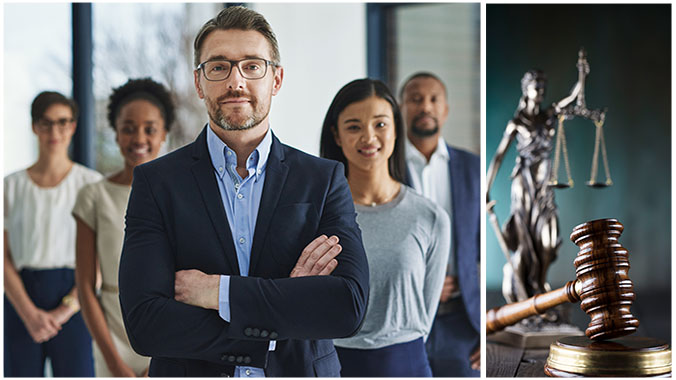





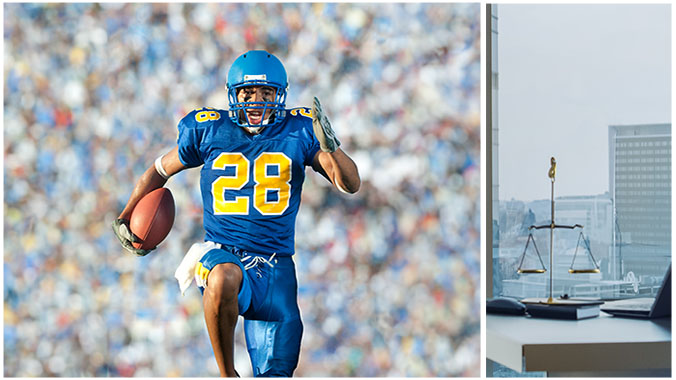

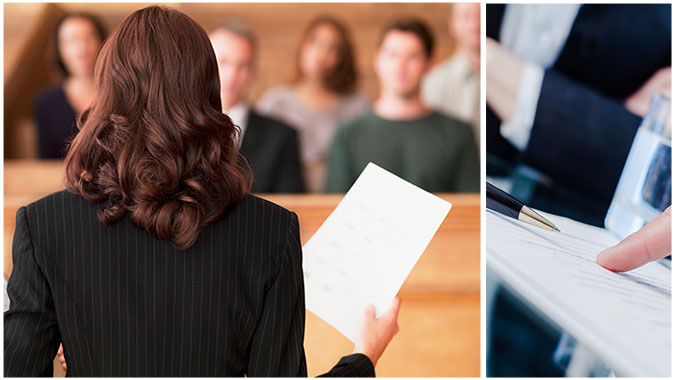
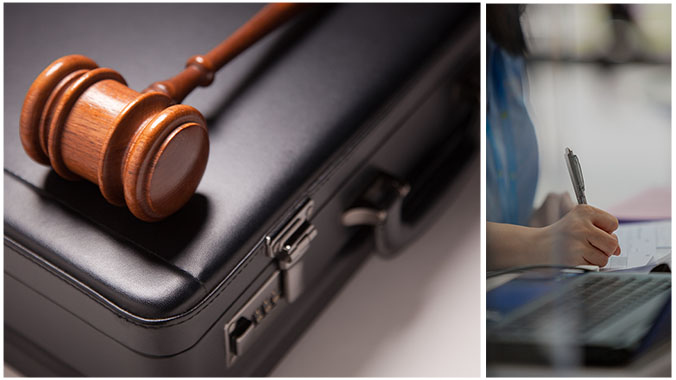





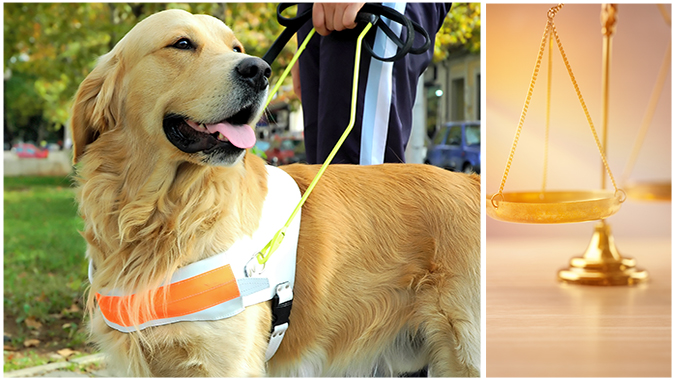
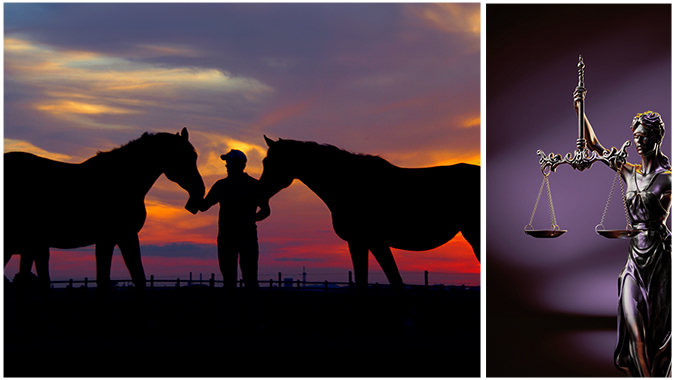






Upcoming CLE Webinars


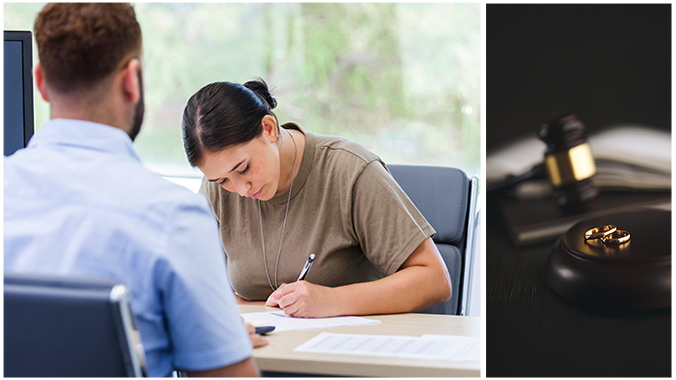

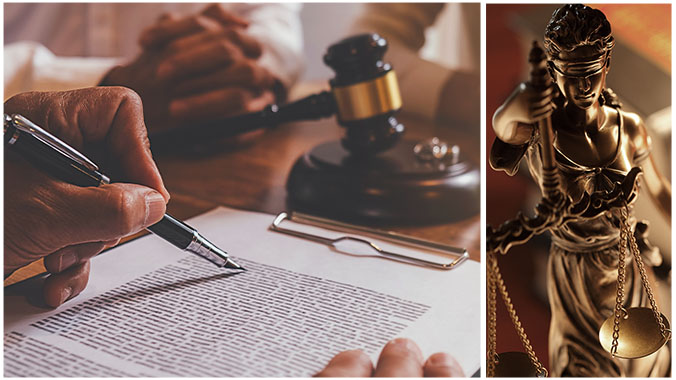

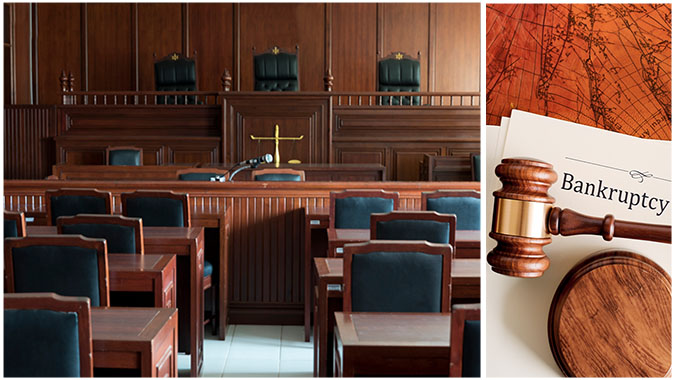

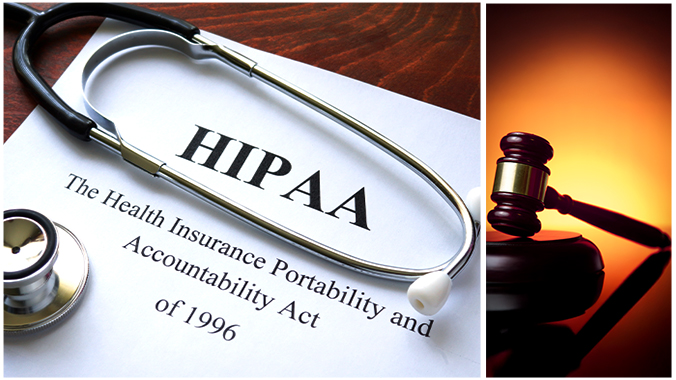










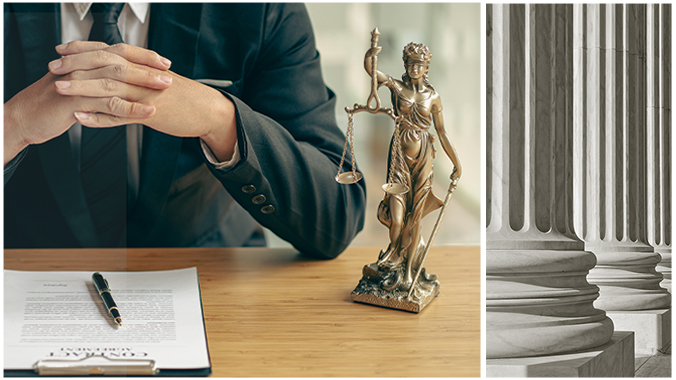























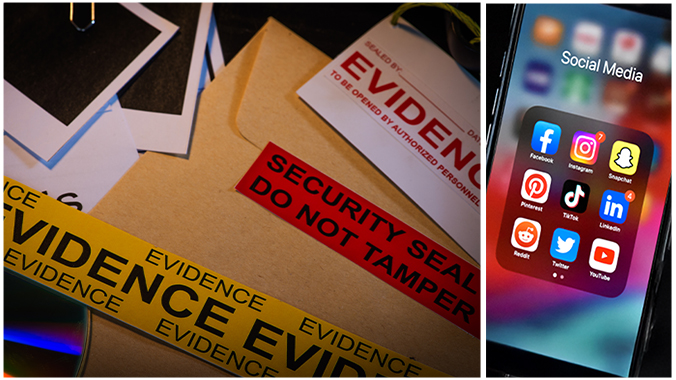











![The Cloud and GenAI: Security, Audits, and the Related Ethical and Legal Responsibilities [Part 3]](https://federalbarcle.org/wp-content/uploads/2024/10/The-Cloud-and-GenAI_myLawCLE.jpg)











